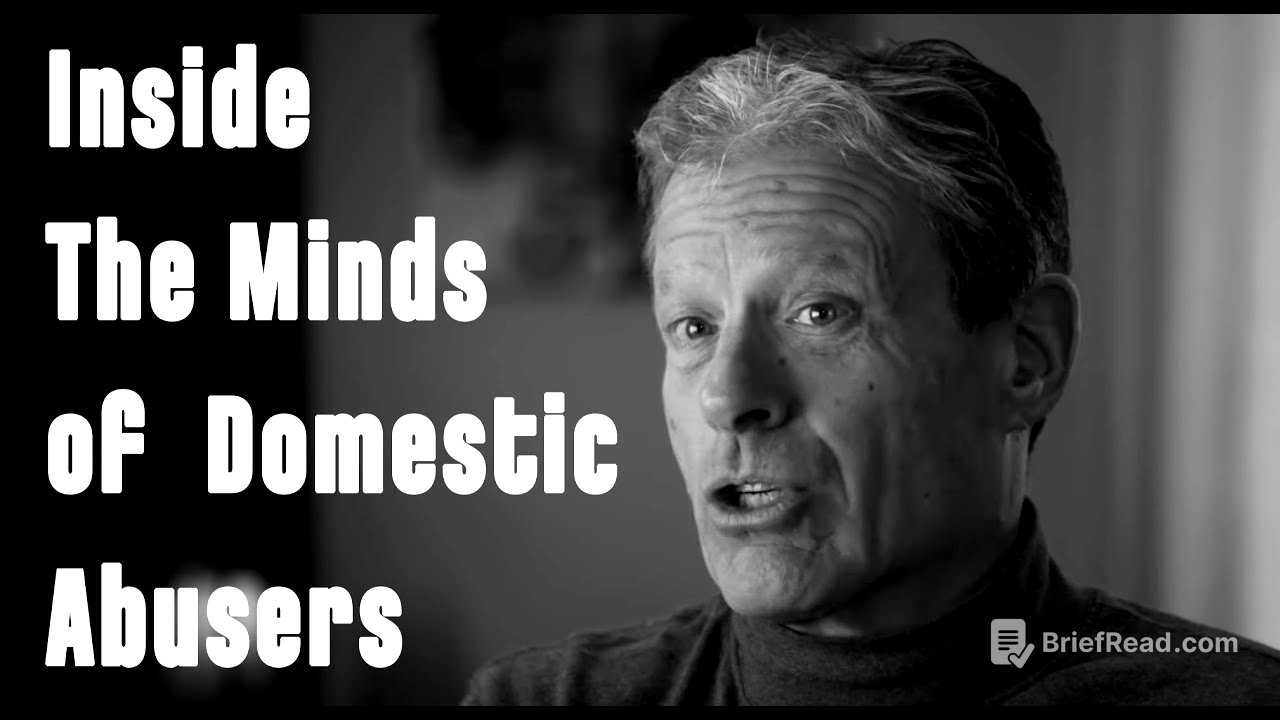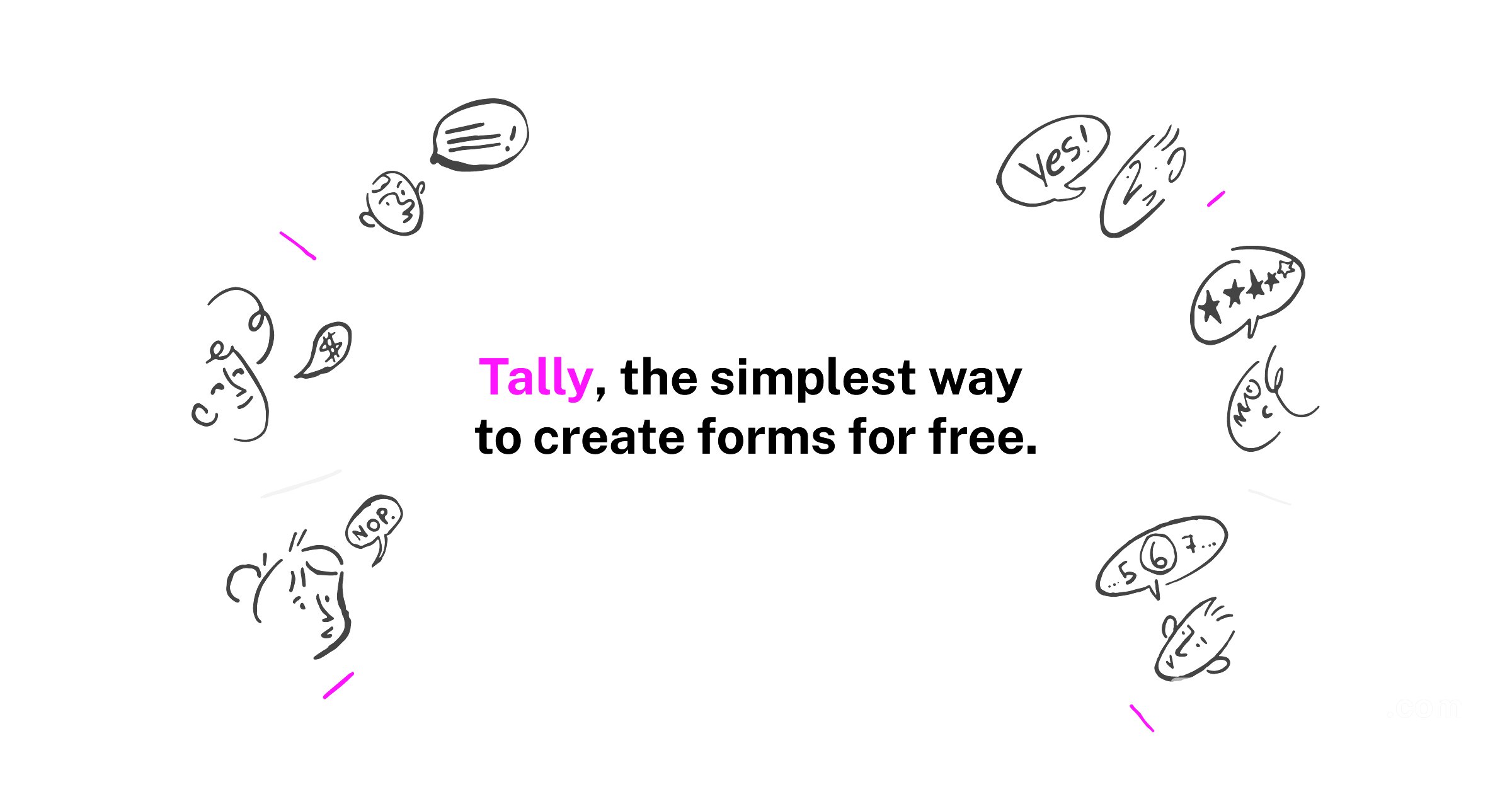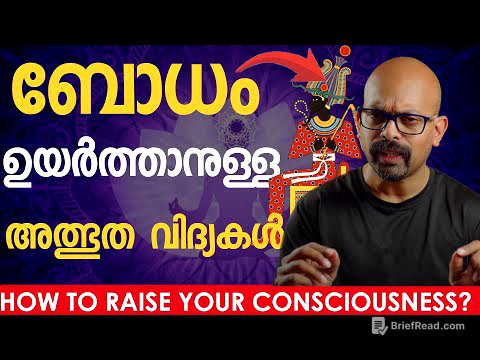TLDR;
This video features an interview with Lundy Bancroft, a domestic violence expert, who shares insights from his 30 years of experience working with abusers. He discusses the abuser mentality, societal influences, and the importance of focusing on the abuser's behavior rather than just the abused person's reactions. Bancroft also addresses the complexities of therapy in abusive relationships and offers advice on how to help children in such situations.
- Abusers often have deep-seated beliefs about entitlement and service owed to them.
- Societal training and cultural norms play a significant role in shaping abuser behavior.
- Couples therapy can be detrimental in abusive relationships as it implies equal responsibility.
- It's crucial to teach children to think for themselves and recognize manipulation tactics.
Intro / Bancroft's background [0:00]
Lundy Bancroft introduces himself and explains that he has been working in the domestic violence field for over 30 years, primarily with offenders. His perspective is shaped by his direct service experience with abusers, which gives him a unique insight into their mentality. Bancroft emphasizes the importance of keeping the abuser front and center as the source of the problem. He shares his experience at Emerge, the first counseling program for men who abuse women in the US, where they maintained contact with the abused women to gain a comprehensive understanding of the abuser's behavior versus their words. Bancroft's interest in social change led him to abuser programs, viewing it as addressing a justice issue with counseling skills.
Abusers' Ideas of Service / Enforcement / Entitlement [6:46]
Bancroft discusses that abusers often have deeply ingrained beliefs about the service females owe them and their entitlement to enforce these expectations. He believes that an abuser's emotional insecurities play a small role compared to their sense of entitlement. He notes that better-educated, upper-class abusers often get away with more because they cover their behavior better, using lower levels of physical violence and relying on financial and social power to instill fear.
Defining Physical Abuse & Other Types of Abuse [9:18]
Bancroft defines a batterer as someone who deliberately takes steps to put their partner in physical fear, even without physical contact. He includes actions like raising a fist or making threatening statements as physical violence. He differentiates between physical, verbal, and psychological abuse, clarifying that behaviors intended to cause physical fear are categorized as physical abuse. Verbal abuse involves insults and put-downs intended to hurt the other person's feelings, making them reluctant to stand up for themselves.
Abusers Want an Unequal Relationship [13:55]
Abusers seek an increasingly unequal relationship over time and do not want an equal partnership. Bancroft notes that abusers' behavior may improve temporarily, but they often revert when the relationship starts to become more equal. They believe they should be rewarded for being less abusive and become angry when their partner becomes "mouthier" or less afraid. Bancroft questions whether there are benefits for abusers to be less abusive, other than legal implications, and states that while it will improve their life, they won't see benefits for years.
How Do You Know You're In An Abusive Relationship? [15:56]
It's not always easy to identify abuse, but a key pattern is one person systematically tearing the other down, which can be verbal, physical, or sexual. Abusers strategically exploit any vulnerabilities, such as mental health issues, to undermine their partner's perceptions. Bancroft encourages trusting one's perceptions and intuition, emphasizing that it's okay to back away from a relationship even without concrete proof of abuse. He advises watching for signs like the abuser making the victim responsible for their actions and double standards in the relationship. If you're afraid, assume there's a problem. A non-abusive person will be concerned if they scare you and want to change their behavior.
Backing Away From An Abuser [20:21]
If you're afraid, it's worth the risk to leave. There are different levels to create distance in a relationship. Backing away from a relationship is a way to discover if you're involved with an abuser. A non-abusive man will respect your limits, while an abuser will not.
Abusers Can Look Totally Normal In Other Contexts [22:08]
Domestic abusers often display a split between their behavior in intimate relationships and other contexts. They may appear normal or even charming to outsiders, making it difficult for others to recognize the abuse. While they may exhibit personality disorder-like traits in their relationships with women, this behavior typically doesn't extend to other areas of their lives. Abusers often deflect accountability for their actions, claiming that their partner is the problem.
The Abuser Mentality: "You're On This Earth To Make Me Happy" [24:38]
The abuser's mentality is that the woman's responsibility is to make him happy. Initially, during dating, there's a pretense of mutual support, but once the relationship becomes serious, the focus shifts to what the woman should do for him. This includes catering to his emotional and sexual needs, with the expectation that she is responsible for his happiness. If he's unhappy, it's her fault.
Does the Abuser Know What He's Doing? [29:30]
The level of consciousness varies among abusers. Many abusers grew up with abusive fathers or male figures, leading them to automatically adopt abusive behaviors as forms of enforcement. However, this doesn't make the behavior accidental. Even if the abuser isn't fully aware of their reasons, their actions are driven by selfishness, disrespect, and a desire to enforce their demands. The counselor's job is to bring the true motivation to consciousness.
Why It's Hard to Leave an Abusive Relationship [33:16]
Leaving an abusive relationship is difficult because abuse takes away the very things needed to leave any relationship: belief in deserving better, money, sense of attractiveness, social contact, and self-confidence. The main obstacle to leaving an abuser is the abuse itself.
Why NOT to Tell the Woman to Leave the Relationship [35:25]
It's not advisable to tell a woman to leave an abusive relationship for several reasons. Leaving can be dangerous and requires careful planning. Many women lack the financial means to leave, and some may risk losing custody of their children due to mental health histories. Immigration status or special needs children can also make leaving impossible. Instead, focus on strategies to increase her agency, voice, self-confidence, and economic position.
Why Couples Therapy Isn't the Solution / Societal Training [40:10]
Couples therapy can be detrimental in abusive relationships because it operates on the premise that both partners are equally responsible for the problem. This reinforces the abuser's narrative that the woman needs to change to improve his behavior. American culture tends to psychologize all problems, overlooking the influence of culture and systems of oppression. Male violence against women is often viewed as a private issue rooted in emotional problems, rather than a result of unhealthy societal training. Abuser programs should focus on changing values and attitudes, not just emotional makeup.
"Narcissist" or Domestic Abuser? Personality Disorder? [44:06]
The term "narcissistic abuse" is often misused and depoliticizes the problem of domestic violence. Narcissism has become a code word for bad person. Most abusers do not have narcissistic personality disorder. The problem is limited to current or former intimate partners. The responsibility comes off the society for the way that it's raising boys and men.
You Can't Judge a Batterer from the Outside [49:23]
Bancroft emphasizes that you can't judge a batterer from the outside. Batters are much more likable than not likable people. They work extra hard to be likable in public to increase their power at home. Building a good public image strengthens their hand at home and makes it harder for the victim to be believed.
The Problematic Underpinning of Psychology [50:55]
The field of modern psychology and psychiatry are founded on unhealthy principles. The underlying thinking from Freud is still dominant. Our mental health system is rooted in the belief that when children report being sexually abused that's probably false. The system is there to keep oppression in place rather than to overcome it.
Problems with Family/Couples Counseling for Abuse [54:09]
Family or couples therapy for domestic abuse assumes that the abuse is the product of dynamics and that everyone is contributing to it. The woman is being given the message that if she changes what she does, that's likely to improve his behavior. Couples counseling by its very nature supports the abuser. Before a therapist works with any couple, they should do a session with each person individually. The therapist should try to find out whether one partner is afraid of the other. The therapist should make excuses to meet with them separately.
Love vs Respect in Relationships [1:00:55]
People moving into marriage are thinking too much about love and not nearly enough about respect. It's important to ask yourself if this feels like respect. Women are conditioned not to think too much about whether the man respects them and just focus on whether he loves them and he'll be a good provider.
The Abuser Tactic of "Defining Reality" / How Can She Hold onto Reality [1:03:45]
A powerful tactic that an abuser uses is defining reality. He controls her sense of what is real. He speaks with a remarkable level of certainty. He uses ridicule. If you use psychological abuse in really extreme and severe ways, it will do very serious damage. If you're very isolated, that's going to increase the impact of the one voice that you're hearing. It's better for her to stop challenging him too much aloud. If she can find a place to keep a journal where he doesn't know where it is, it's actually one of the single best things she can do for her mental health in the face of abuse.
How to Help Your Children if You're In an Abusive Relationship [1:10:42]
There isn't anything inevitable like the child is going to eventually see through it. You do want to do what you can to try to plant seeds. The abuser is going to be saying think like me think like me think like me and your temptation is going to be to say to him no no think like me think like me think like me and he's going to win because that you're playing right to his strengths so you really have to teach kids to think for themselves. Talk about advertising. Advertising is manipulation. A bargain for Francis teaches them to recognize manipulation. Don't say bad things about the other parent to the kid. Adults are responsible for their own actions. You're not causing what he does and Mom isn't causing what he does.
How Abusers Sow Divisions Between Moms and Children [1:17:34]
A lot of the intention is to turn children against the mom, but also the intention is to make the mom's parenting life more difficult to make her be under more stress have to undermine her Authority. He doesn't want the family to be able to unify against him. They'll tell kids bad things about their moms. They'll tell moms bad things about the kids. It's largely a divide and conquer mentality. The mother can't parent the child in the way that is best and organic to her because she's mediating that parenting through managing his potential reaction to her relationship with her child so she doesn't get to be the mother basically.








